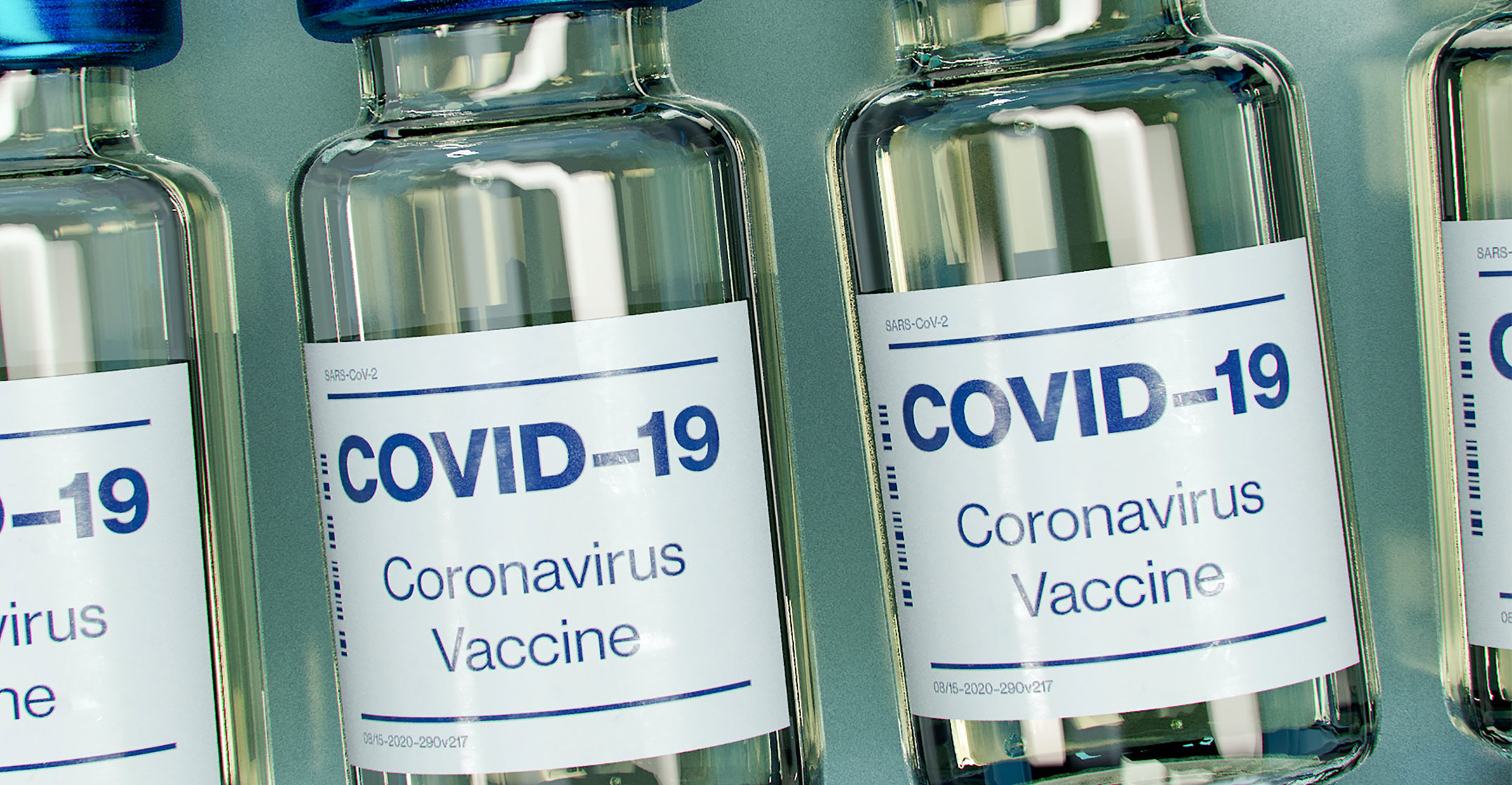 The road to ending the Covid-19 health crisis is long and paved with uncertainty. Many countries are counting on vaccines to build sufficient immunity in their populations so that Sars-CoV-2 isn’t able to find susceptible people to infect, causing transmission of the coronavirus to slow and eventually stop. But even with the roll-out of highly effective vaccines, immunisation coverage may not reach that level — the so-called herd immunity threshold — anytime soon. Researchers warn that the virus is apt to be circulating among us forever, although it’s likely to become a less potent foe.
The road to ending the Covid-19 health crisis is long and paved with uncertainty. Many countries are counting on vaccines to build sufficient immunity in their populations so that Sars-CoV-2 isn’t able to find susceptible people to infect, causing transmission of the coronavirus to slow and eventually stop. But even with the roll-out of highly effective vaccines, immunisation coverage may not reach that level — the so-called herd immunity threshold — anytime soon. Researchers warn that the virus is apt to be circulating among us forever, although it’s likely to become a less potent foe.
1. Can Covid be eradicated?
No. So far, only one human disease — smallpox — has been officially eradicated; that is, reduced to zero cases and kept there long term without continual countermeasures. That was thanks to a highly effective vaccine plus the fact that humans are the only mammals naturally susceptible to infection with the smallpox virus. It’s not feasible to banish Sars-CoV-2 from every species susceptible to it, including horseshoe bats, minks, cats and gorillas. The next best thing would be what’s known as disease elimination. That’s when there are zero new cases of an infection or disease in a defined area over a sustained period, such as 28 days. Some countries, such as New Zealand, have achieved zero new cases for lengthy periods using lockdowns, diligent case detection and isolation, and border closures. But keeping this up over the long run is challenging as citizens hunger for a return to normal life.
2. Will vaccines eliminate Covid-19?
There’s considerable uncertainty about that. Authors of a scientific paper published in November in the Lancet calculated that if a vaccine could provide a lifelong, fail-safe shield against infection with Sars-CoV-2, it would need to reach 60% to 72% of people to establish herd immunity. While the Covid vaccines in use around the world are good, they aren’t perfect, which means immunisation rates will need to be higher. The shots have been shown to offer 50% to 97% protection against becoming sick, but it’s mostly unknown how well they prevent people from getting an asymptomatic infection that could be passed on. If a vaccine is 80% effective at preventing any infection, 75% to 90% of people would need to be immunised, according to the Lancet paper. That would be a high bar given that large numbers of people are hesitant to get the vaccines and most of the shots are authorised only for adults and older children. Another unknown is the duration of protection. The shorter it is, the higher the rates of immunisation required to establish herd immunity. Vaccines might not have to do all the work to get there: Some people who’ve already had the virus will be protected against it, although not as well as those who’ve been inoculated.
3. How do variants of the virus factor in?
The more the coronavirus circulates, the more opportunity it has to mutate in ways that enhance its ability to evade the immunity people have gained from natural infection and vaccination. This year, more infectious variants that were first reported in the UK, South Africa, Brazil and India — where Covid epidemics have been particularly severe — have proliferated and spread internationally. Scientists say the vaccines should still work at stopping severe disease in the vast majority of cases, but some shots may be less effective at protecting against mild infections caused by a variant. Inoculations may need to be updated periodically to maintain their efficacy, and several vaccine makers have begun testing new versions and booster shots.

4. Do Covid vaccines have to prevent infection to curb cases?
No. Vaccines don’t have to be perfect to have a public health benefit. New Zealand vaccinologist Helen Petousis-Harris points to rotavirus and chickenpox as examples of diseases that have been “virtually eliminated using vaccines that are very good at preventing severe disease, quite good at preventing any disease, but that do not completely prevent infection in everyone”. Since Sars-CoV-2 spreads through respiratory particles from an infected person’s throat and nose, a vaccine that reduces the amount of virus in the respiratory tract or how often an infected person coughs may decrease the likelihood of it being transmitted to others and lower the effective reproduction number (Re), which is the average number of new infections estimated to stem from a single case. Mike Ryan, head of the World Health Organisation’s emergencies programme, told reporters on 25 January that rather than focusing on eliminating Sars-CoV-2, success should be seen as “reducing the capacity of this virus to kill, to put people in hospital, to destroy our economic and social lives”.
5. What if Covid isn’t eliminated?
In a poll of more than 100 scientists conducted by the journal Nature in January, nearly 90% said they expected Sars-CoV-2 to become endemic. Viruses that are endemic continuously circulate in the community, often causing periodic spikes when conditions favour transmission. Examples include norovirus, the notorious cause of gastroenteritis on cruise ships, and the myriad viruses, including four coronaviruses, that cause the common cold, especially over the winter.
6. What might the implications be?
People who have survived Covid and those vaccinated against it will probably be shielded against the disease for some time. It’s likely that re-exposure to the virus will bolster their protection. In the absence of herd immunity, the virus will continue to find those who don’t have protection. That will mean people who don’t get vaccinated, or can’t — because their immune systems are compromised, or they have allergies to vaccine ingredients, or are too young — will remain vulnerable. Some scientists have predicted that, once the endemic phase is reached, then primary exposure to the virus will occur in childhood, when the infection mostly causes mild or no disease. At that point, Covid may be regarded much like the common cold. — Reported by Jason Gale, (c) 2021 Bloomberg LP

